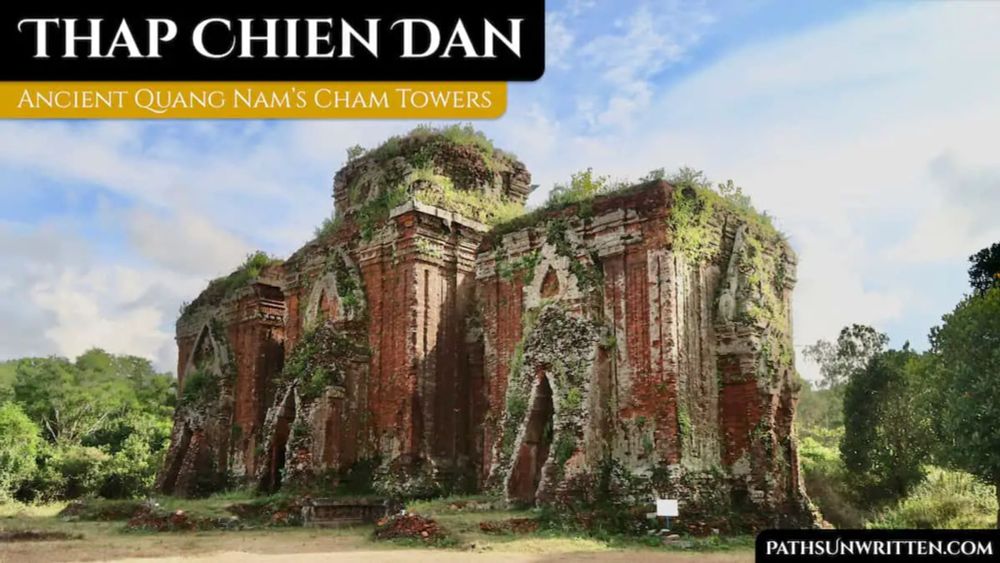
Learn more:
pathsunwritten.com/chiendan-cha...
@pathsunwritten.bsky.social
Practical Guides to Archaeology Travel, Historical Monuments, and the Ancient Cultures Who Built Them. #archaeology #travel PathsUnwritten.com

Learn more:
pathsunwritten.com/chiendan-cha...
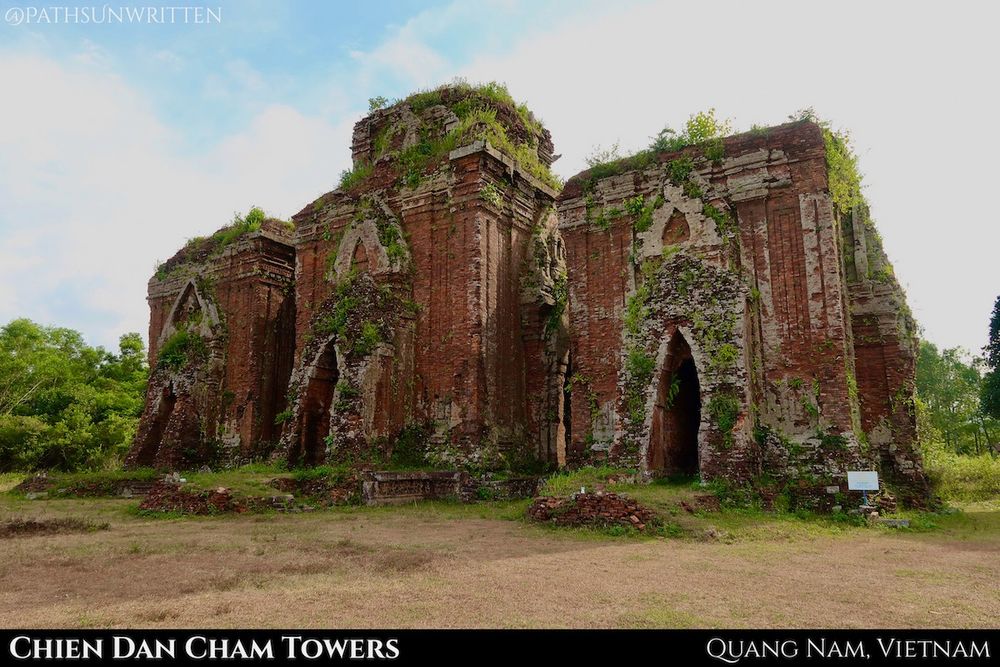
The Tháp Chiên Đàn Cham Towers are three restored Hindu monuments built by the Cham culture in Central Vietnam in the early 11th Century CE. Excavations taking place in 1989 found a number of important artifacts that are now displayed at an onsite museum.
#archaeology #travel #vietnam
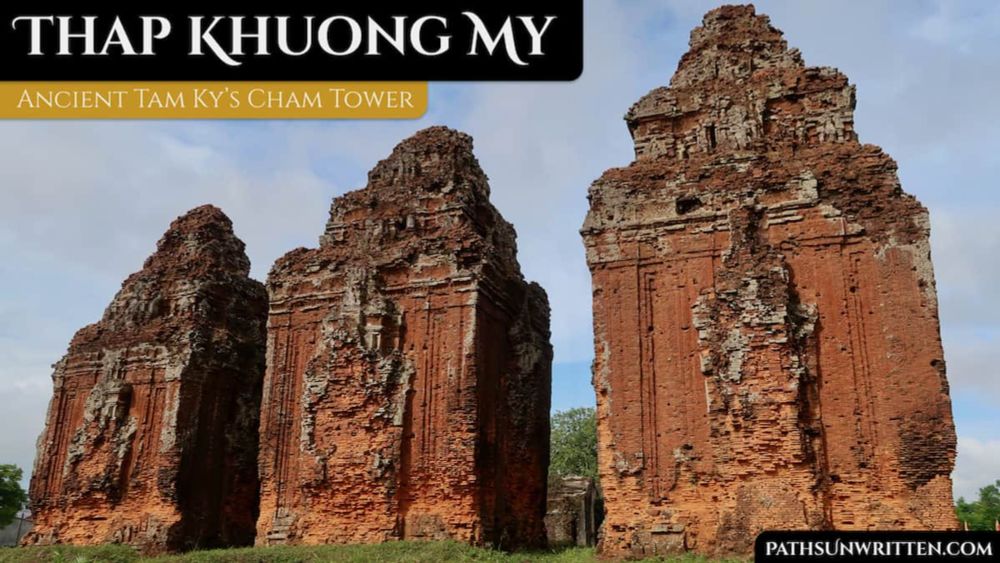
Learn more:
pathsunwritten.com/khuongmy-cha...
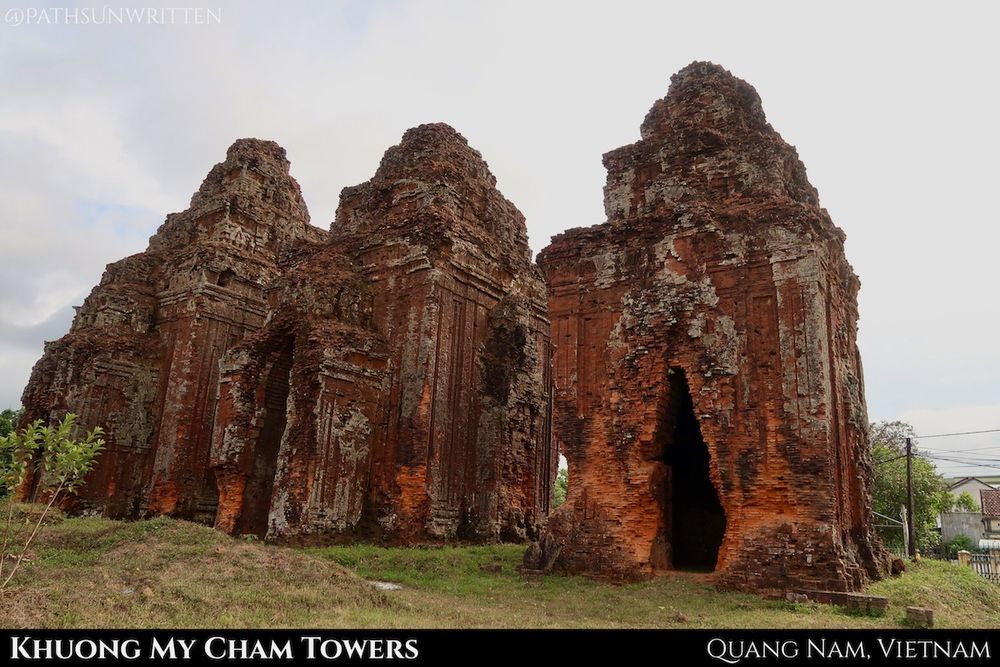
The Tháp Khương Mỹ Cham Towers represent an early phase of monumental religious architecture of the Cham culture. Dating between the 9th-11th Centuries CE, these three unrestored brick towers marked a transition between early artistic styles from Dong Duong and later styles at My Son.
#archaeology
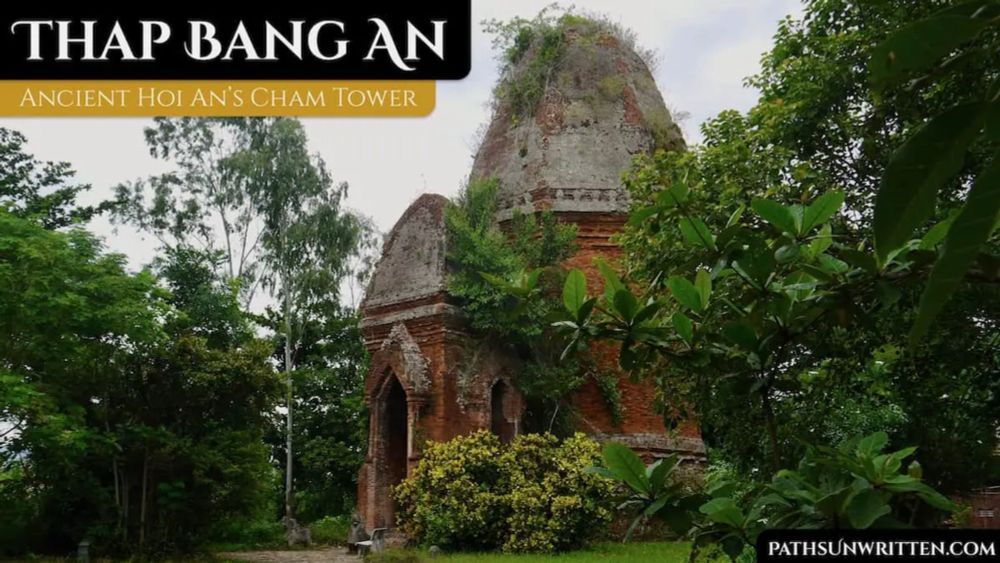
Learn more:
pathsunwritten.com/bangan-cham-...
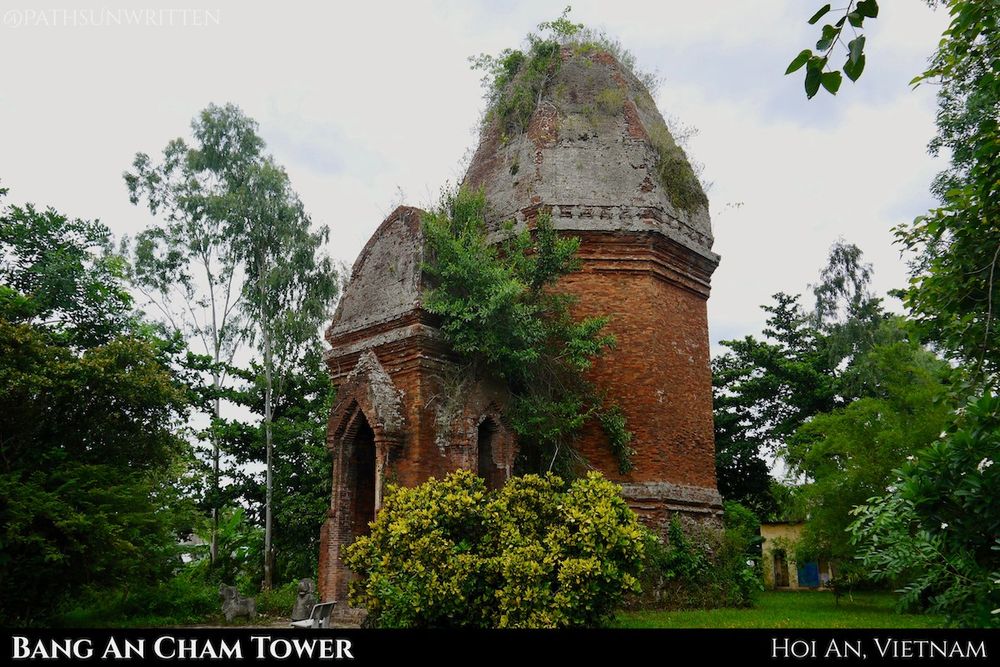
Tháp Bằng An Cham Tower is a minor 11th-Century CE Cham Temple located near the tourist sites of Hội An and My Son. It was built over an earlier temple site and although small, the temple has a unique architectural style with 8 sides and an extended entrance vestibule.
#archaeology #travel #vietnam

Learn more:
pathsunwritten.com/phudien-cham...
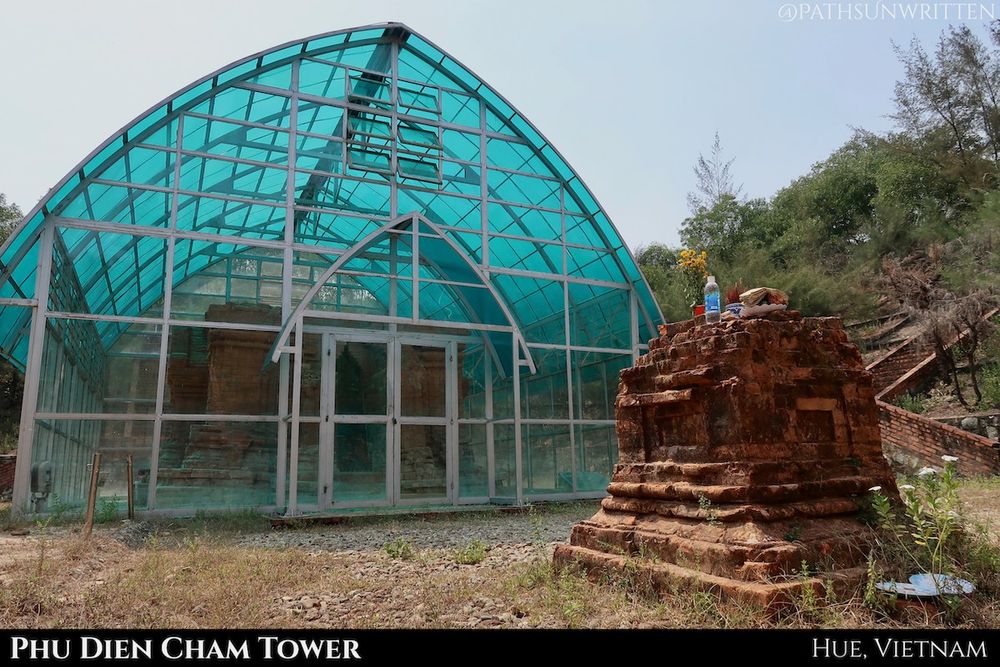
Phu Dien Cham Tower (Tháp Phú Diên), is an ancient brick Hindu tower that was made by the Cham people and buried for nearly a thousand years. It was rediscovered in 2001 and unearthed from the sand dunes near the historic Vietnamese capital of Huế.
#archaeology #travel #vietnam
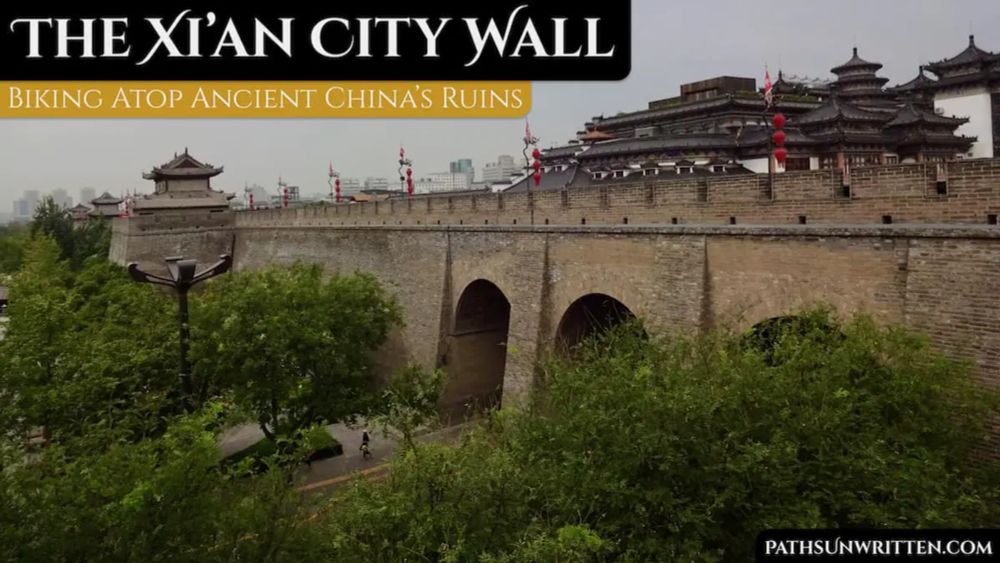
Learn more:
pathsunwritten.com/xian-city-wa...
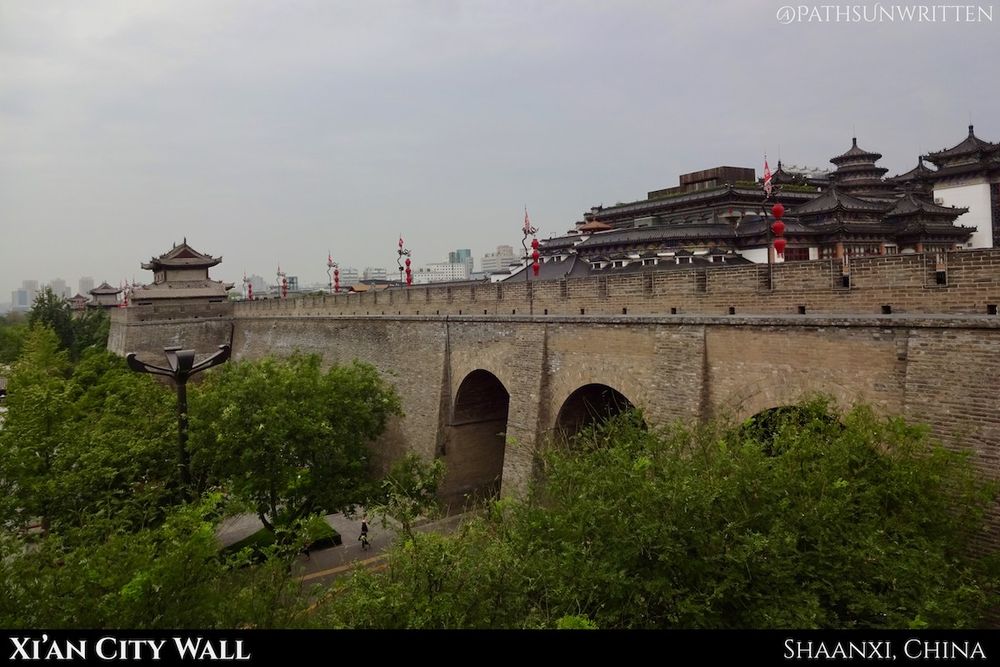
The Xi'an City wall is an imposing fortification surrounding the historic Chinese capital. The rectangular walls seen today were built during the Ming dynasty and have a perimeter of 14 kilometers, height of 12 meters, and are up to 14 meters thick at the base.
#archaeology #travel #china
However, over 2000 years of erosion and human activity like farming have taken their toll and worn away over half the height of the earthen hill.
18.01.2025 19:01 — 👍 0 🔁 0 💬 0 📌 0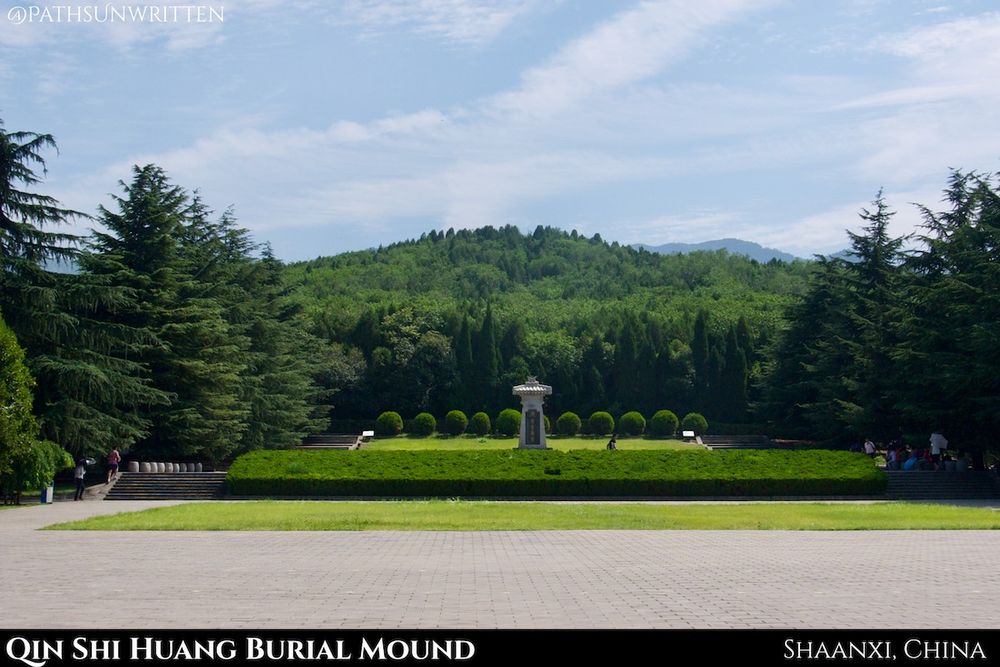
The Qin Shi Huang burial mound is an immense earthen pyramid which covers the emperor's burial chamber. The modern height of the burial mound is around 53 meters, while historical sources such as Sima Qian claim its original height to be around 115 meters.
#archaeology #travel #china
These include parts from a destroyed wooden chariot, skeletons from (at least) 9 horses, four chariots, 12 terracotta figures believed to represent charioteers (4) and public officials (8). Other smaller finds in the pit included 4 bronze axes, a bronze ring, and one ceramic jar.
16.01.2025 18:14 — 👍 0 🔁 0 💬 0 📌 0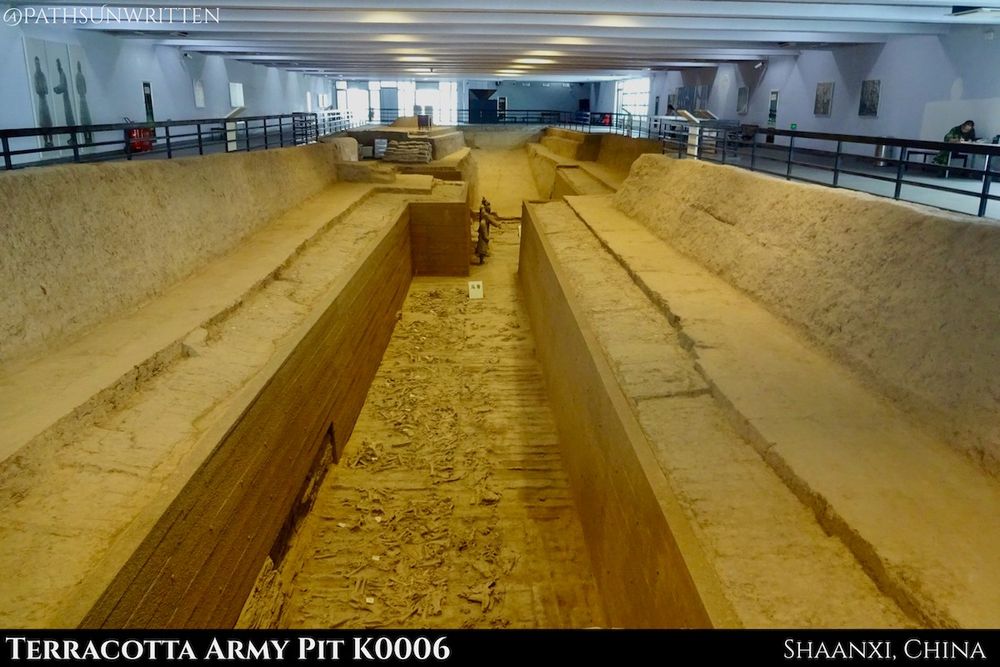
The Terracotta Army Pit 0006 enclosure is located on the southwest side of the Qin Shi Huang burial mound (only 50m away) and contained an odd assortment of items.
#archaeology #travel #china
Due to the nature of the statues and its small size relative to the first 2 excavation pits found (and also in relation to the later-discovered Pit 4), Pit 3 has been dubbed the command pit. However, notably missing from Pit 3 is the commander, whether that would be a general or the Emperor himself.
15.01.2025 03:47 — 👍 0 🔁 0 💬 0 📌 0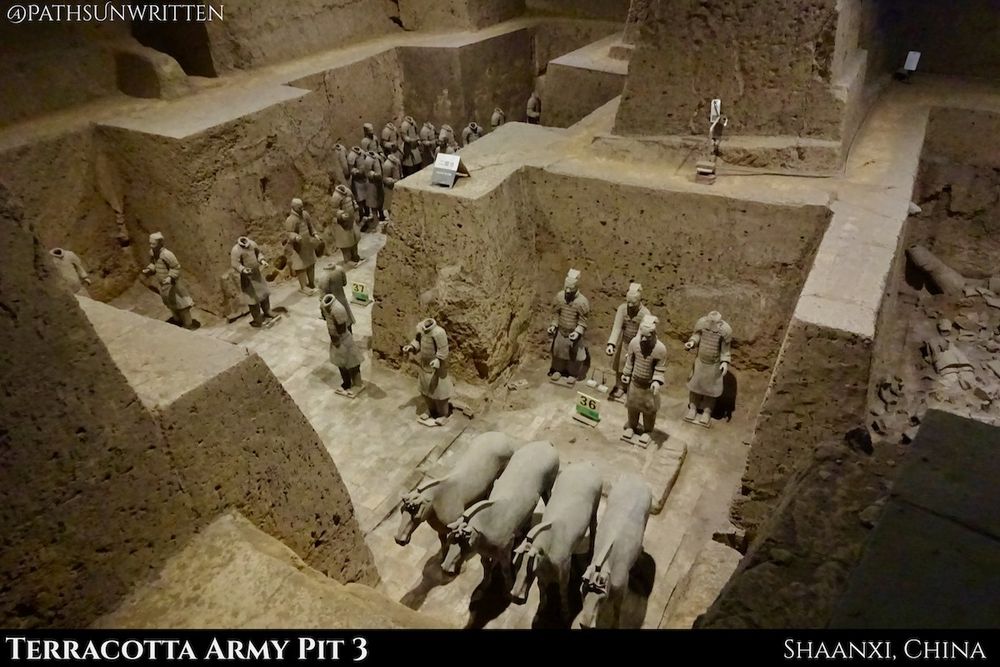
Pit 3 is an irregular U-shaped construction, unlike the rectangular Pits 1 and 2. The third pit was discovered in June of 1976 and contained 68 figures, a chariot, and a cache of bronze weapons.
#archaeology #travel #china
While Pit 1 contains mostly infantrymen, Pit 2 contains a mixed force of archers, chariots, cavalry, and infantry. Small sections of the roof that once covered the soldiers of Pit 2 can still be found in parts of the exhibit.
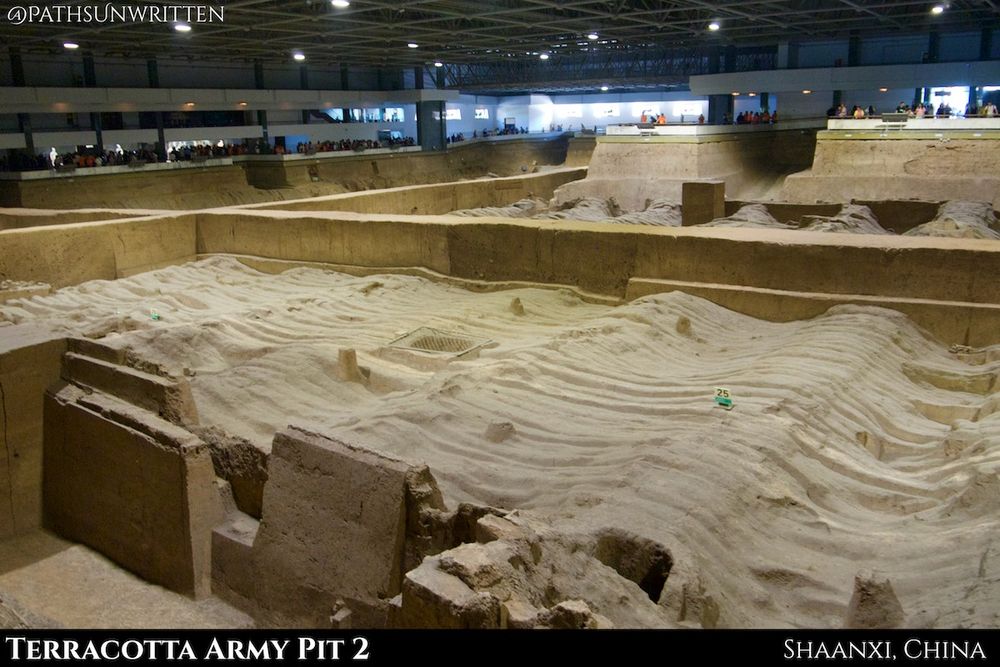
Excavation Pit 2 was discovered in 1976 immediately to the north of Pit 1. Located 20 meters from the eastern end of Pit 1, Pit 2 is the second-largest pit and contains the most diverse finds of the three main Terracotta Army excavation pits.
#archaeology #travel #china
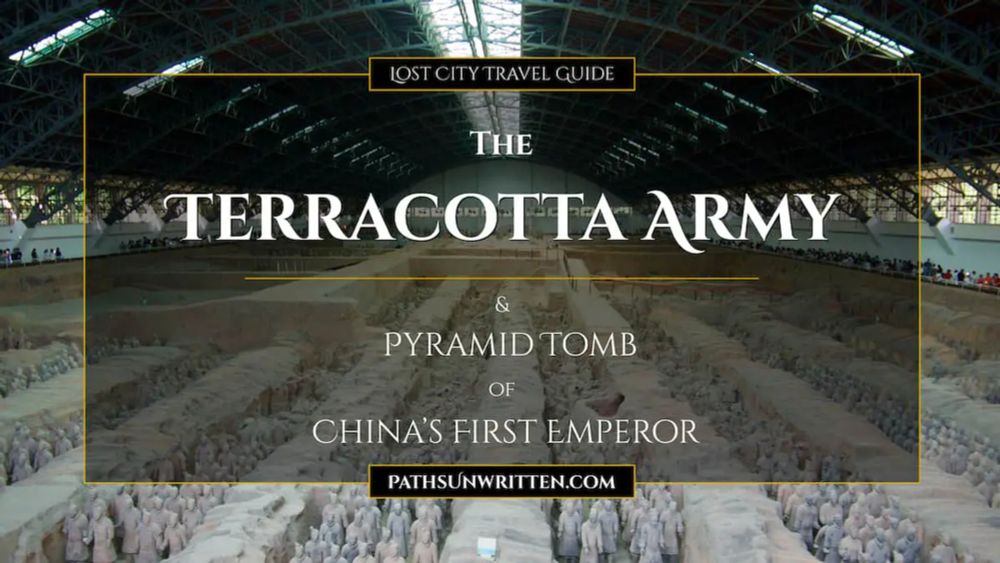
There were estimated to have been 6000 lifesize statues (both soldiers and horses) buried in Pit 1. These were originally contained in an earth-and-wood subterranean building, although most of this has been lost after it was reburied by Qin’s construction force.
pathsunwritten.com/china-terrac...
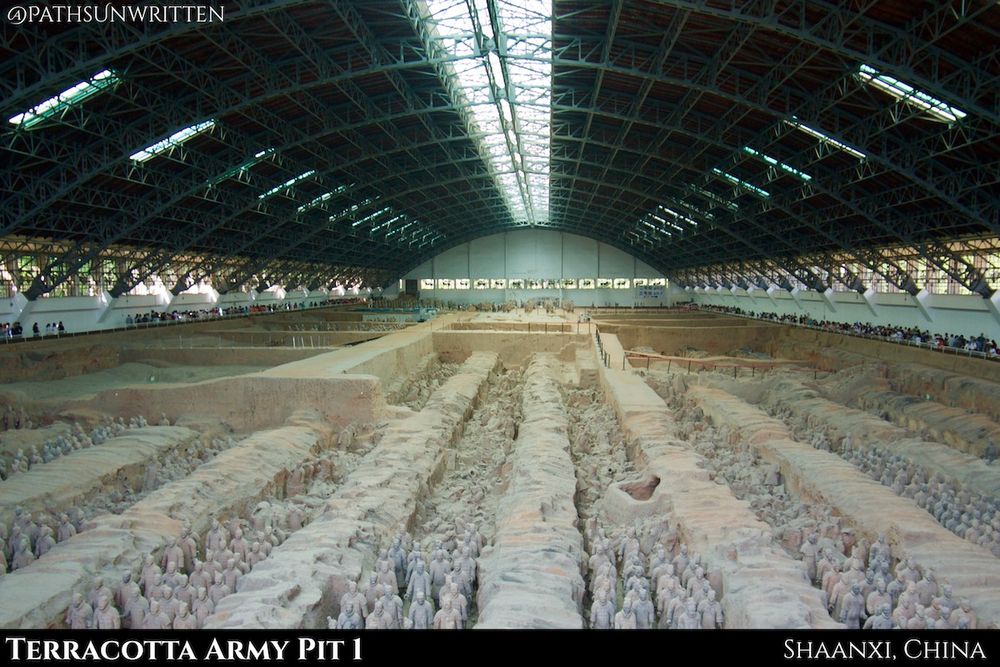
Pit 1 is the largest of the three Terracotta Army excavation pits and the one that draws the biggest crowds. The excavation pit is 230 meters long by 62 meters wide and is covered by a protective roof.
#archaeology #travel #china